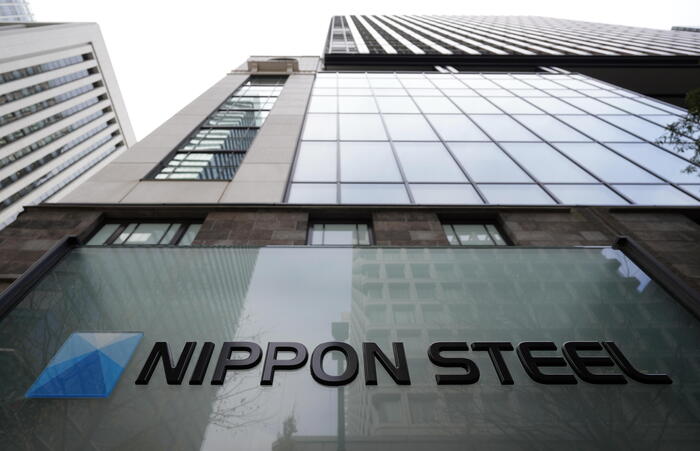On Friday, President Trump gave the green light to the potential acquisition of US Steel by Japan-based Nippon Steel, although details of the deal, including a possible “golden share” held by the federal government, remain unclear.
The president signed an executive order stating that Nippon can purchase the historic Pittsburgh steel company on condition that both parties sign a “national security agreement.” On Friday, the two companies announced in a joint statement that they had accepted the terms of the government’s agreement, which, according to them, provides for $11 billion in new investments by 2028 and “the issuance of a Golden Share in favor of the United States.”
Nippon and US Steel said they expect the partnership to be “concluded promptly.” They thanked Trump, saying they “look forward to putting our commitments into action to make American steel and manufacturing great again.”
Trump stated that the golden share that confers special powers on its owner within a company, would give the US “51% ownership” and “total control” of US Steel. However, an anonymous Nippon executive said that the company needs “management freedom” over the new company.
The agreement between Nippon and US Steel has been the subject of much debate since a merger worth nearly $15 billion was first proposed at the end of 2023. Former President Joe Biden rejected the deal on national security grounds in the final weeks of his term, but Trump ordered a new review of the partnership and suggested that Nippon invest heavily in US Steel’s plants rather than acquiring the company outright.
However, the proposal did not convince everyone. The United Steelworkers union accused the Japanese company of unfair trade practices, while Cleveland Cliffs, another US steel company that unsuccessfully attempted to buy US Steel, harshly criticized the deal, accusing Nippon of flooding US markets with low-cost steel and claiming that US Steel “rejected an all-American solution and insisted on pursuing a doomed-to fail cash-out sale”.
For its part, US Steel said the partnership with Nippon would allow for new investments in the company’s outdated facilities, including the Mon Valley Works plant in the Pittsburgh area. If the deal is not approved, the company warned that it may be forced to move its headquarters out of Pennsylvania and focus on cheaper steel production methods than the Mon Valley blast furnaces, putting dozens of jobs at risk.












